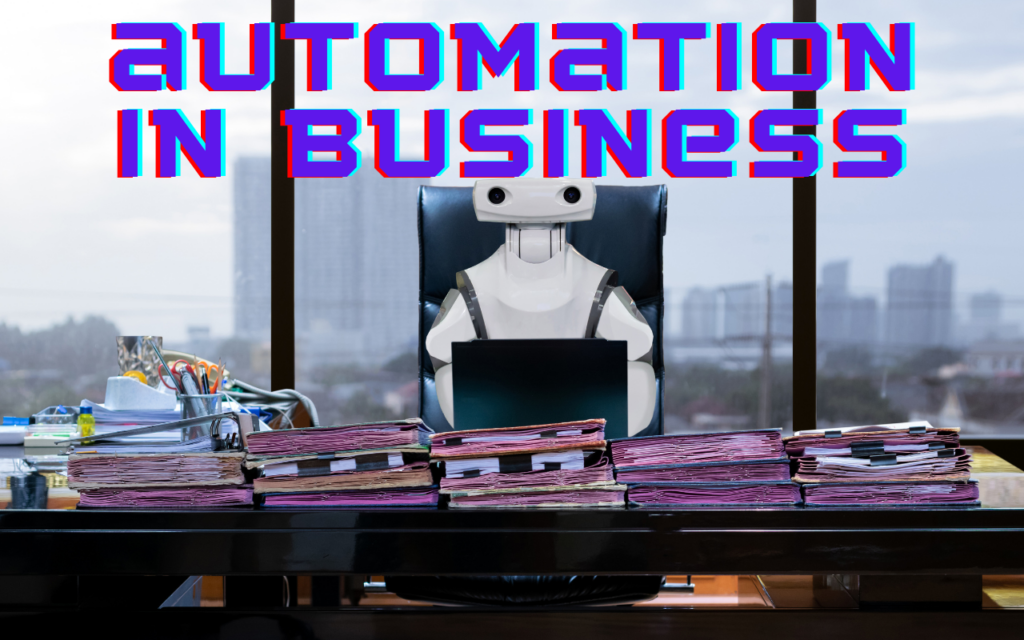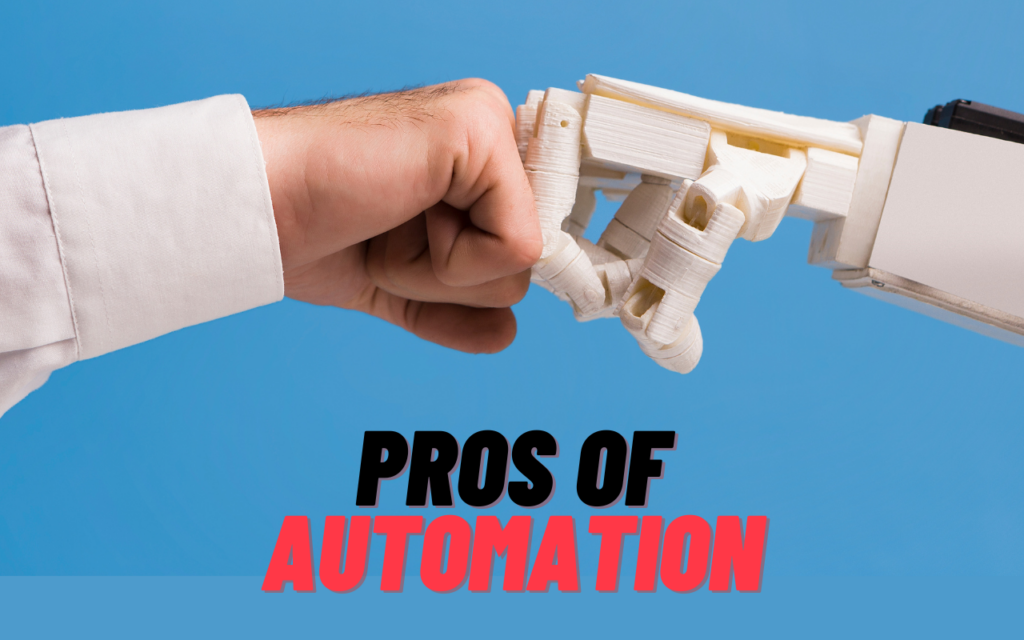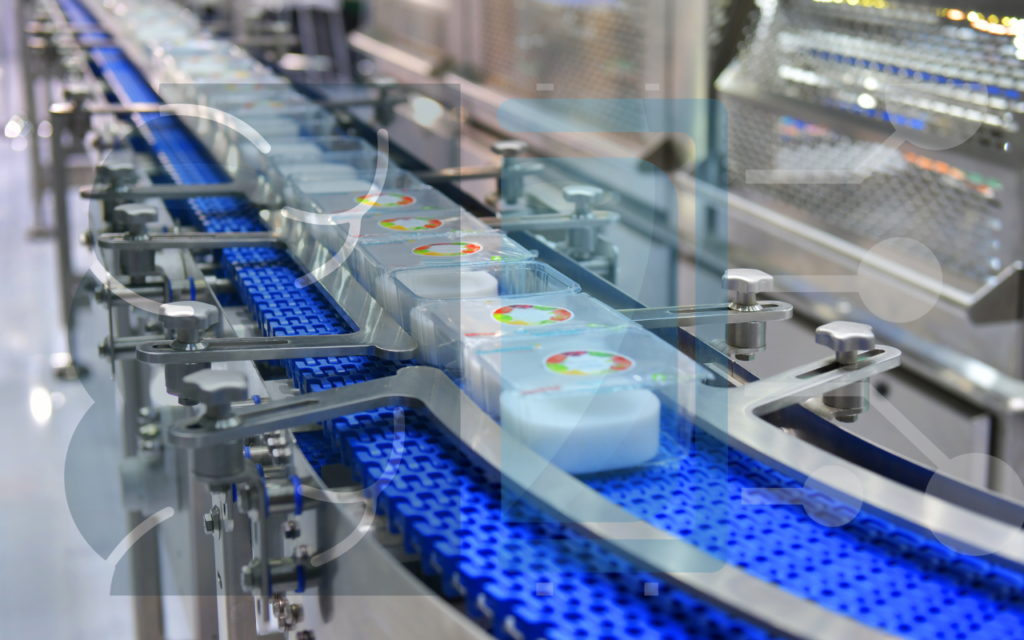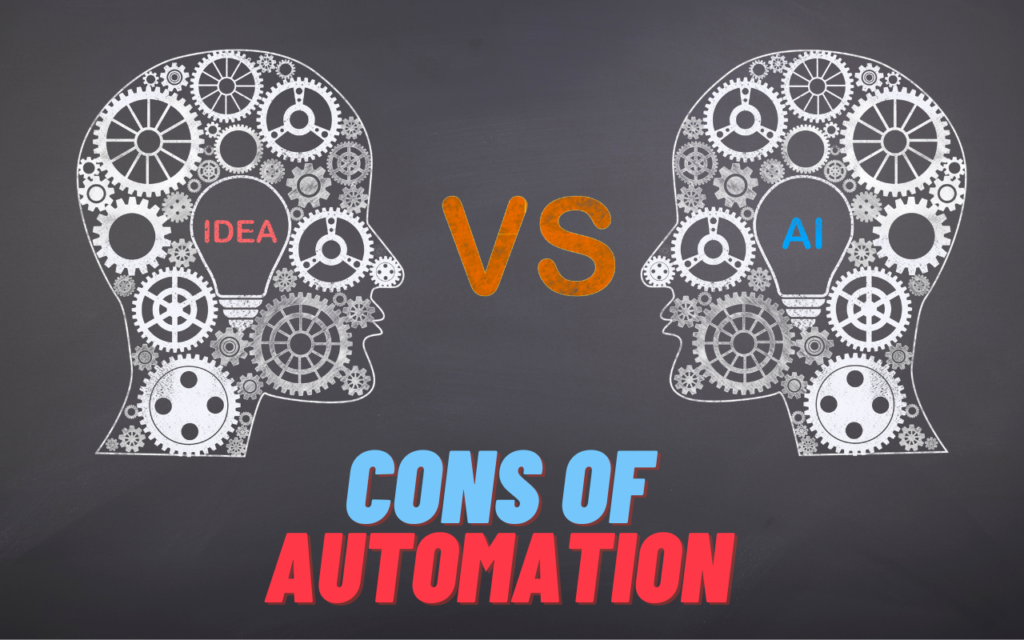The success of any business is the result of many factors combined. The productivity of employees and business owners counts to be the major component of success. Thanks to innovative technology, We have more resources than ever to aid any business operation.
Artificial Intelligence is the leading cause of business and industrial automation. Since machines are fast, reliable, and accurate, they have taken the job market by storm. At some point, it is a sigh of relief for business owners, while automation may lead to many employees losing their job.
Therefore, AI and automation have impacts, both positive and negative. We will discuss the future of work in this article to help you understand the trends in the job market due to AI and automation.
Also read: What’s Cloud Computing?
Automation in Business

Humans used to be the only source of performance before machines were introduced into this world. The machine was the initial development in the technology field that kept on improving over time. Today, we have advanced technologies, including artificial intelligence, generative AI that write content or convert texts to arts, and much more.
This advancement in the machine field has led to a process known as automation. Automation, in simple words, is when a machine performs a task instead of a human. Moreover, machines complement and aid humans in many aspects of life. This entire aid is automation.
Automation is a positive and result-oriented process helping enterprises and industries through higher productivity and efficiency. With boosted efficiency, companies have more time to look after other business matters. This way, it’s a win-win for them. Moreover, the unending list of opportunities on the industrial side due to AI and automation is inevitable.
Pros of AI in the Workforce

Due to the revolutionising impacts of AI in the current job market, it will have many positive outcomes in the future. Some of the advantages of AI and automation in the industrial sector are as follows:
1. A Reliable Helping Hand for Employees
Every business firm must carry out some customary and routine tasks daily. These are menial activities that can take productive time for an employee. Therefore, an AI-automated system can ease this process, making room for essential and result-oriented tasks.
Therefore, automation augments the employees in an organisation. Simply put, humans in collaboration with robots or robotic systems may boost the working environment and lead to fast delivery of outcomes. For instance, automation in the marketing sector can filter data and analytics to provide employees with a robust and profitable marketing strategy.
Moreover, some industries, like manufacturing and engineering sectors, involve dangerous activities, such as handling heavy goods. Robots can be the best alternatives to avoid unpleasant occurrences in such events.
2. Emerging Opportunities in Job Markets
Automation taking over the job market by storm has alerted many unskilled employees. However, new clouds of opportunities float over our heads due to AI and automation. It is vital to know that automation needs skilled humans to make its process fruitful.
Therefore, jobs like AI engineers, automation specialists, etc., are on the rise in this era. In future, it will be an immense need to equip AI-related skills to stay on track to success. Additionally, AI-related fields will get more attention in the future, including auto-driving vehicles, AI-based healthcare, etc. Hence, more possibilities for jobs await us.
3. Economic Perks

From the employer’s perspective, automation will economically benefit enterprises by lowering the need to recruit a large staff. Consequently, businesses will have less expense on employees and their allowances.
On the other hand, it will benefit the market with more products and higher yields due to AI’s fast and efficient operation. Therefore, in terms of macroeconomics, AI and automation in workload is the cause of better production.
Cons of AI in Business

Be mindful that the flip side of automation brings us some pitfalls too. They range from hurting the labour force to extra maintenance costs. Here are some of them.
1. Higher Introductory Cost
Equipping automation in a business firm needs upfront costs. Albeit the cost is worth the investment, some businesses may find it a challenge to implement the system. Moreover, automation needs AI systems or robots to take over, and you must maintain them. Hence, it may stop businesses from shifting from automation to a human workforce.
2. Negligible Human Interaction
Automation can handle tasks for organisations effortlessly. However, a business may still need human interaction to provide a personalised experience to its customers. For instance, a chatbot is an example of AI automation that solves repetitive queries of customers. But, some problems may require human attention that AI can’t handle.
3. Reliance on Technology
Introducing automation in your business model exposes you to dependency on technological operations. In return, it may make your enterprise vulnerable to every issue that technology and AI face.
For instance, cyberattacks greatly influence tech operations. Hence, completely automating your business can worsen your security to some extent, leading to the loss of vital business data and financial interruptions.
Frequently Asked Questions
Will AI Reduce Labour in the Workforce?
Artificial intelligence will reduce the need for unskilled workers in any company or business. In other words, AI is a technology that will aid humans in their work but can’t replace them. The reason is that AI needs human supervision since it lacks the finest cognitive qualities a human possesses.
On the other hand, if labour does not work harder and learn lucrative skills to work better than AI, their chances of survival narrow down. Therefore, AI can be a greater threat to those willing to sacrifice their jobs with their own hands.
What Improvements Has AI Brought Into the Workplace?
AI helps in business automation in a quick and effortless way. It has helped businesses and organisations with data analytics, strategic planning, content creation, and more. Plus, AI-driven business processes are effective, productive, and lucrative.
Will AI and Automation Boost Employee Engagement?
AI-driven automation reduces the clutter arising from minor and less-worthy tasks, such as filtering extensive data and researching some information. It spares the employees time for more fruitful tasks that bring value to the enterprise. In this case, automation helps the business run fluently with a boost in production and service delivery.





